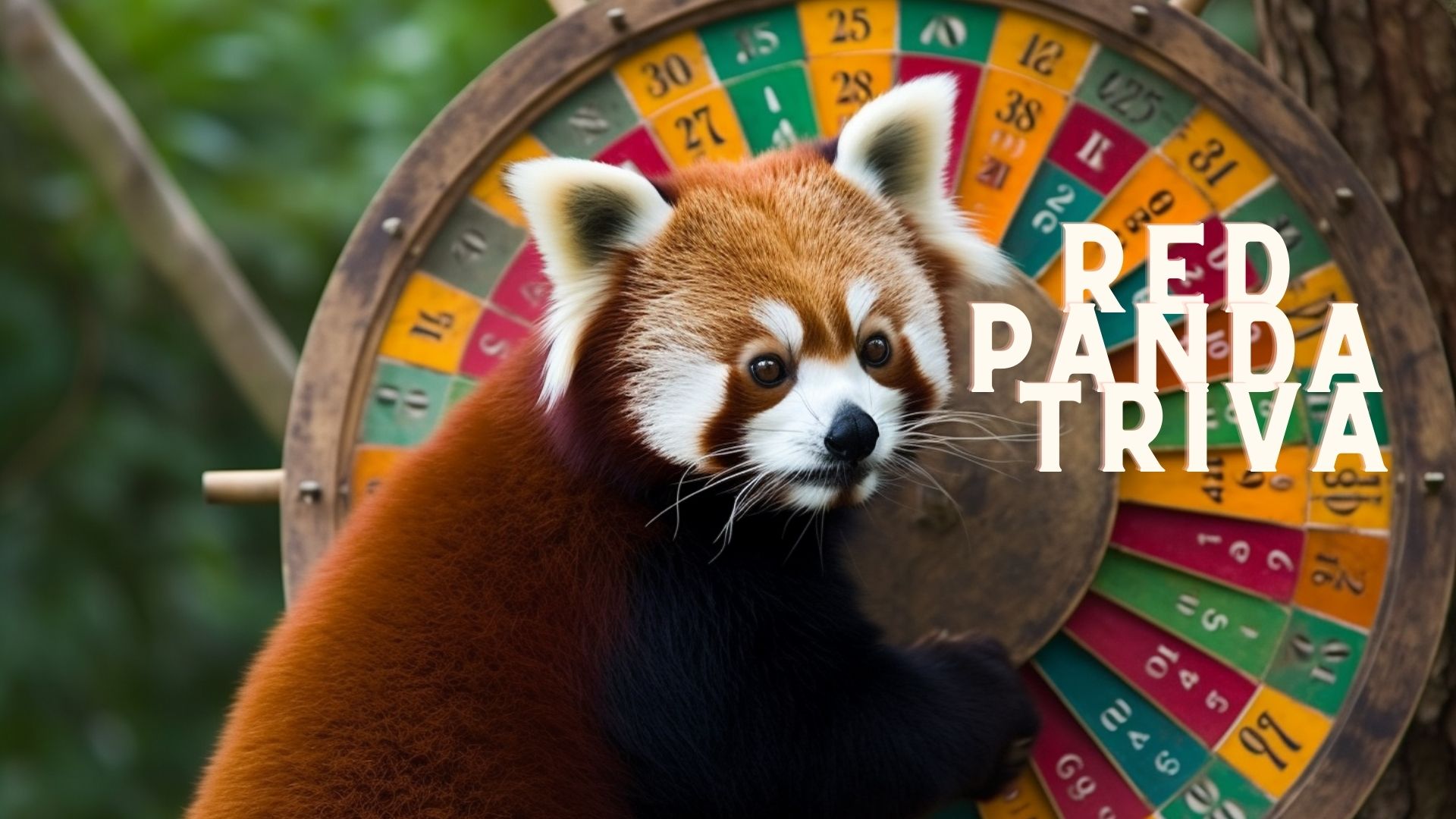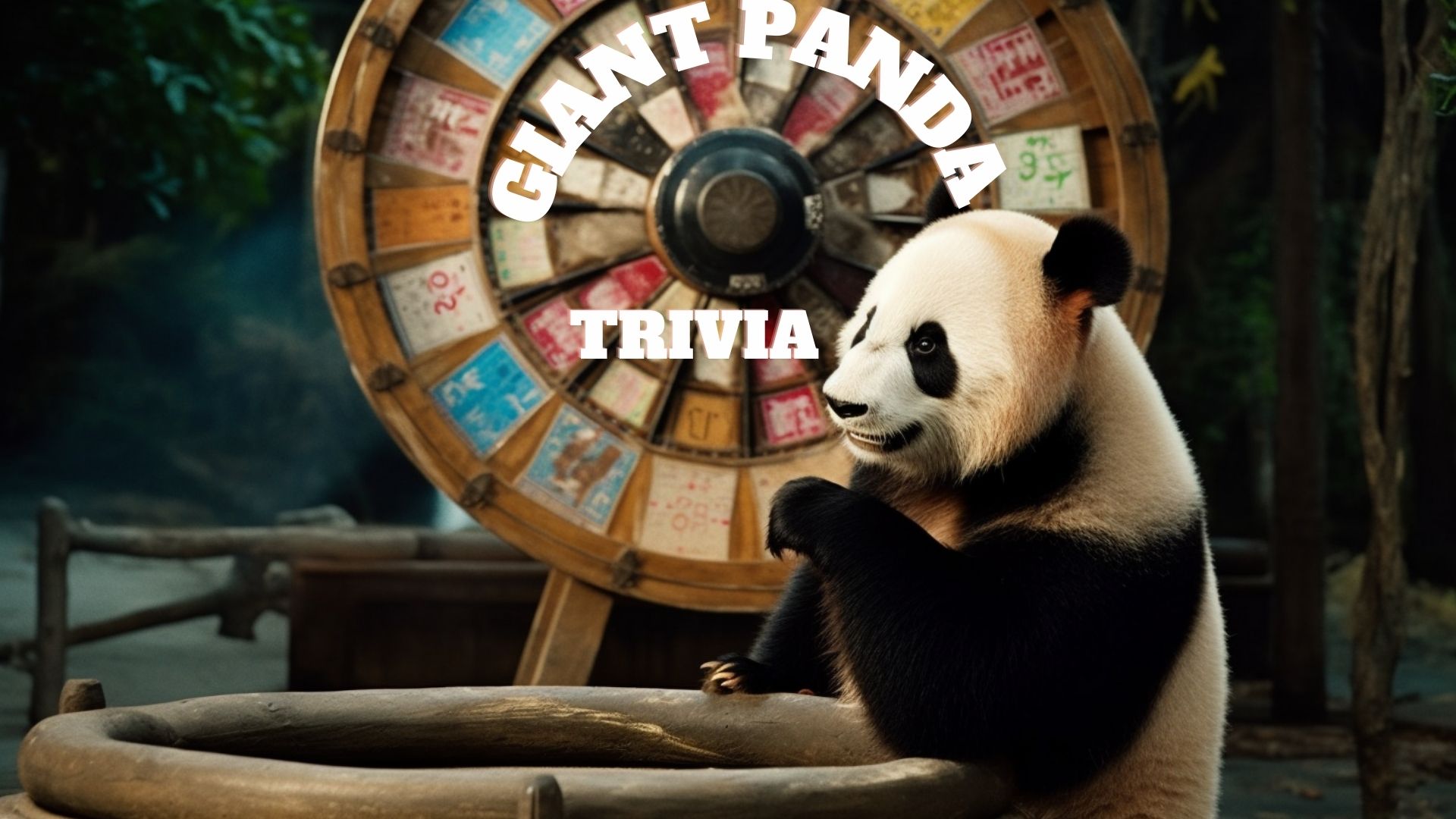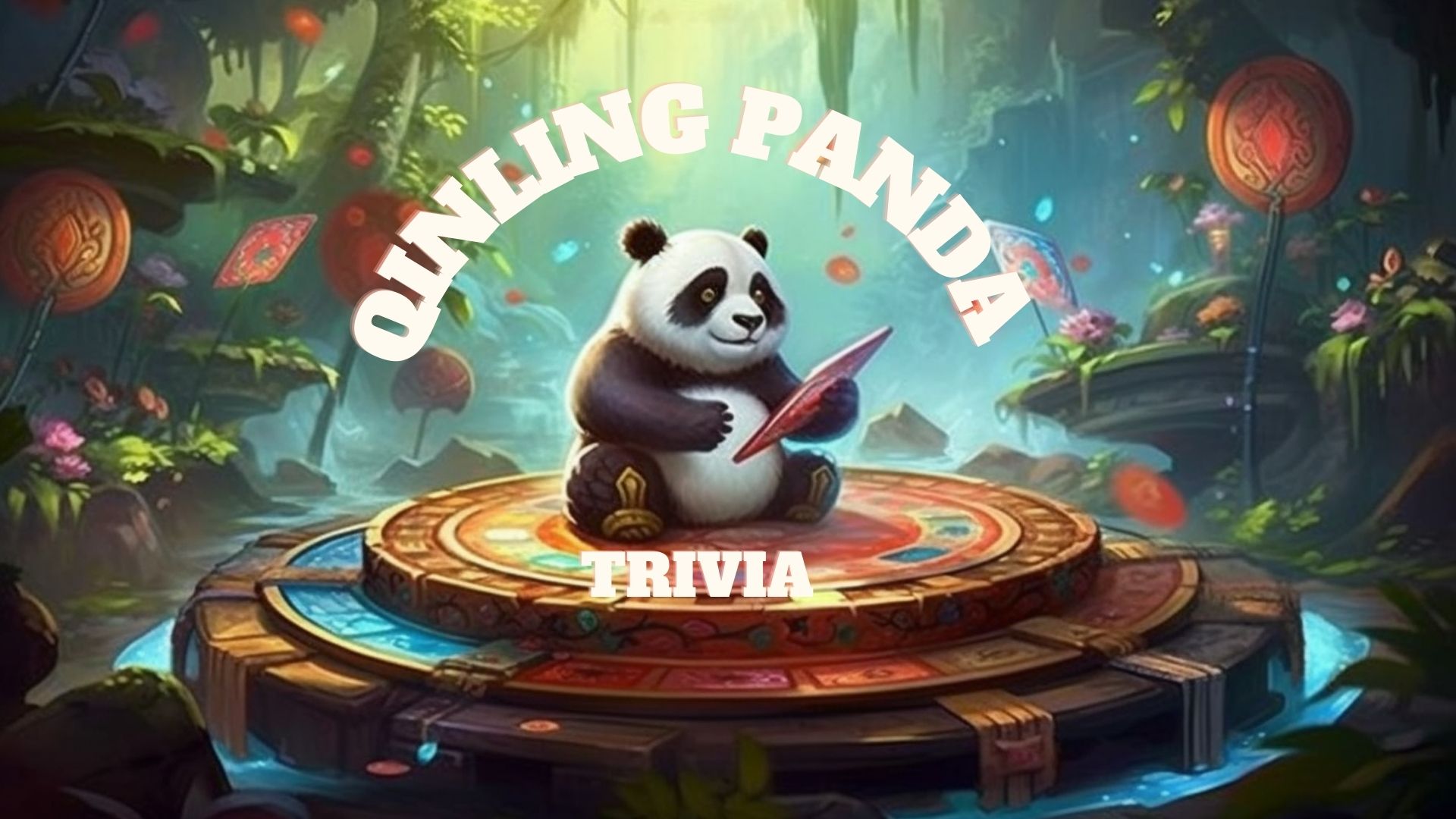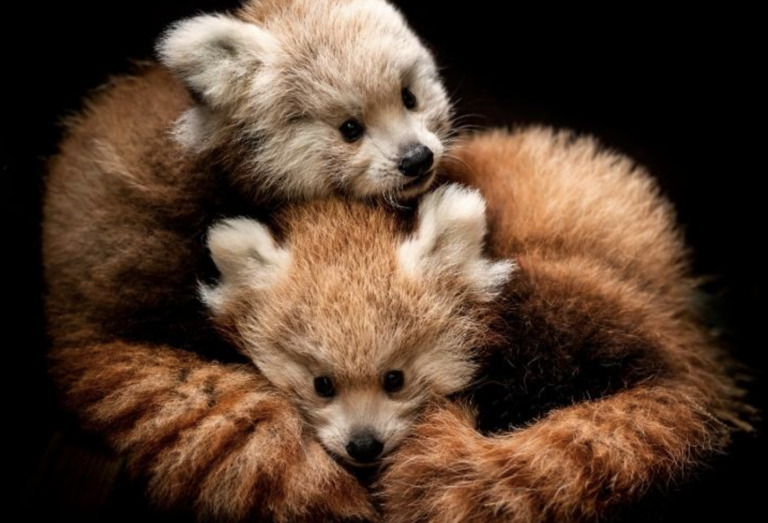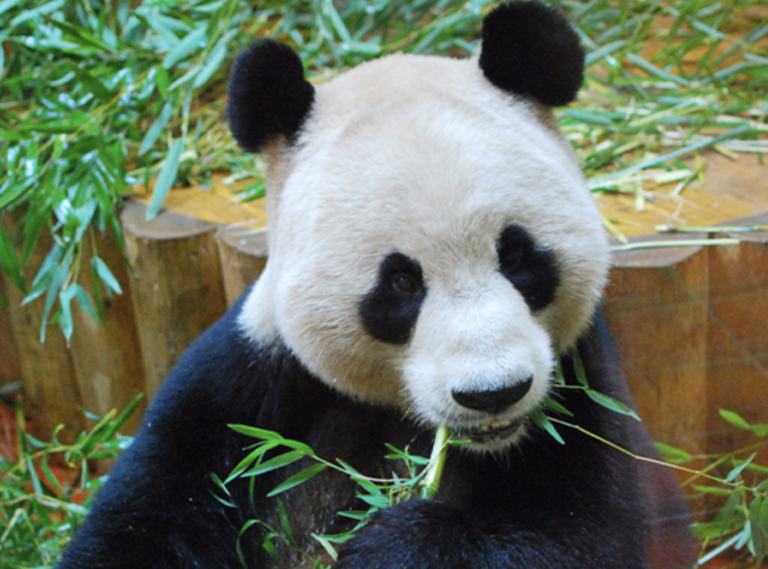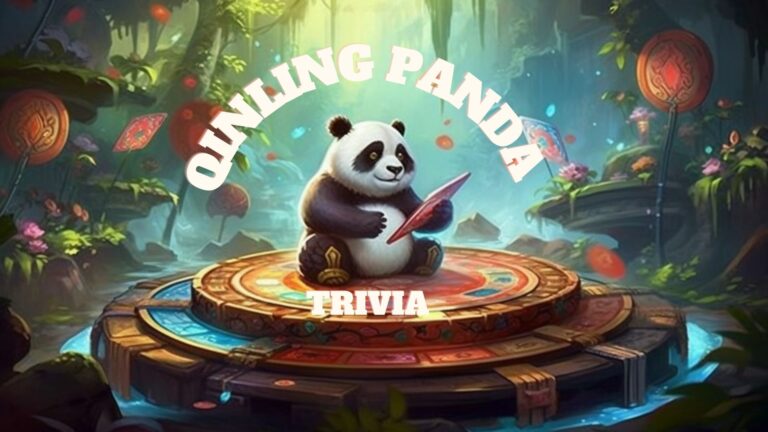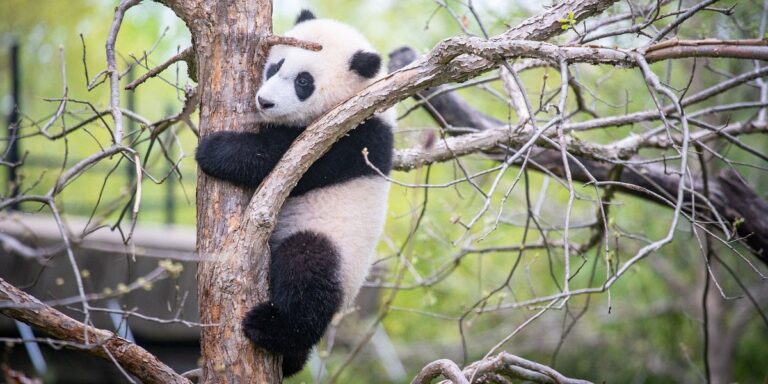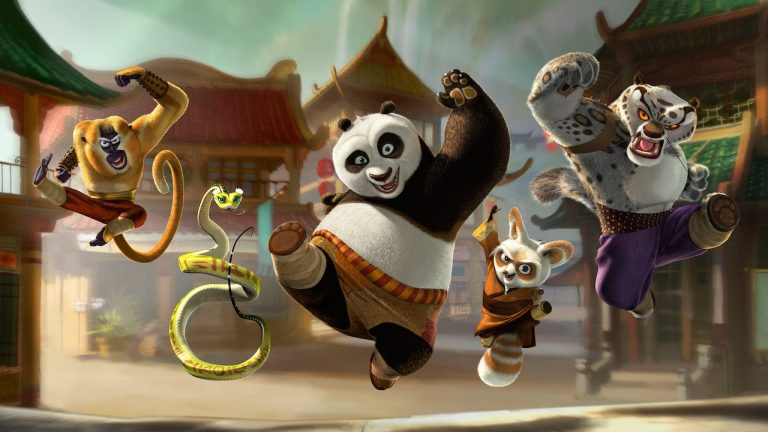Unraveling the Enigma: Red Panda Trivia
The Red Panda, known for its striking red coat and playful nature, has captured the hearts of many. Contrary to its name, the Red Panda is not actually a member of the panda family. This fascinating creature is full of surprises, and in this post, we’ll explore its unique characteristics, habitat, and the reason behind its misleading name.
he Red Panda’s Appearance and Behavior
The Red Panda is a small mammal, roughly the size of a domestic cat, with a bushy tail and a distinctive red-brown fur. Its face is marked with white patterns, and it has large, round eyes that give it an adorable expression.
Habitat
Native to the Eastern Himalayas and southwestern China, the Red Panda resides in temperate forests. They prefer elevations between 7,200 to 15,700 feet, where bamboo, their primary food source, grows abundantly.
Diet
Though primarily herbivorous, the Red Panda’s diet can include insects, eggs, and small rodents. Bamboo constitutes about 85% of their diet, and they consume the tender shoots and leaves.
Red Panda is Not a Panda
Despite its name, the Red Panda is not closely related to the Giant Panda. While both animals share a love for bamboo, their similarities end there. The Red Panda belongs to its own unique family, Ailuridae, and is more closely related to raccoons and weasels.
The name “panda” likely came from the Nepali word “ponya,” meaning bamboo eater. This common dietary preference led to the shared name, but genetically and physically, the Red Panda and Giant Panda are distinct.
The Red Panda is classified as endangered, with fewer than 10,000 individuals remaining in the wild.
Red Pandas Questions & Answers Trivia Game
Question 1: What family does the Red Panda belong to?
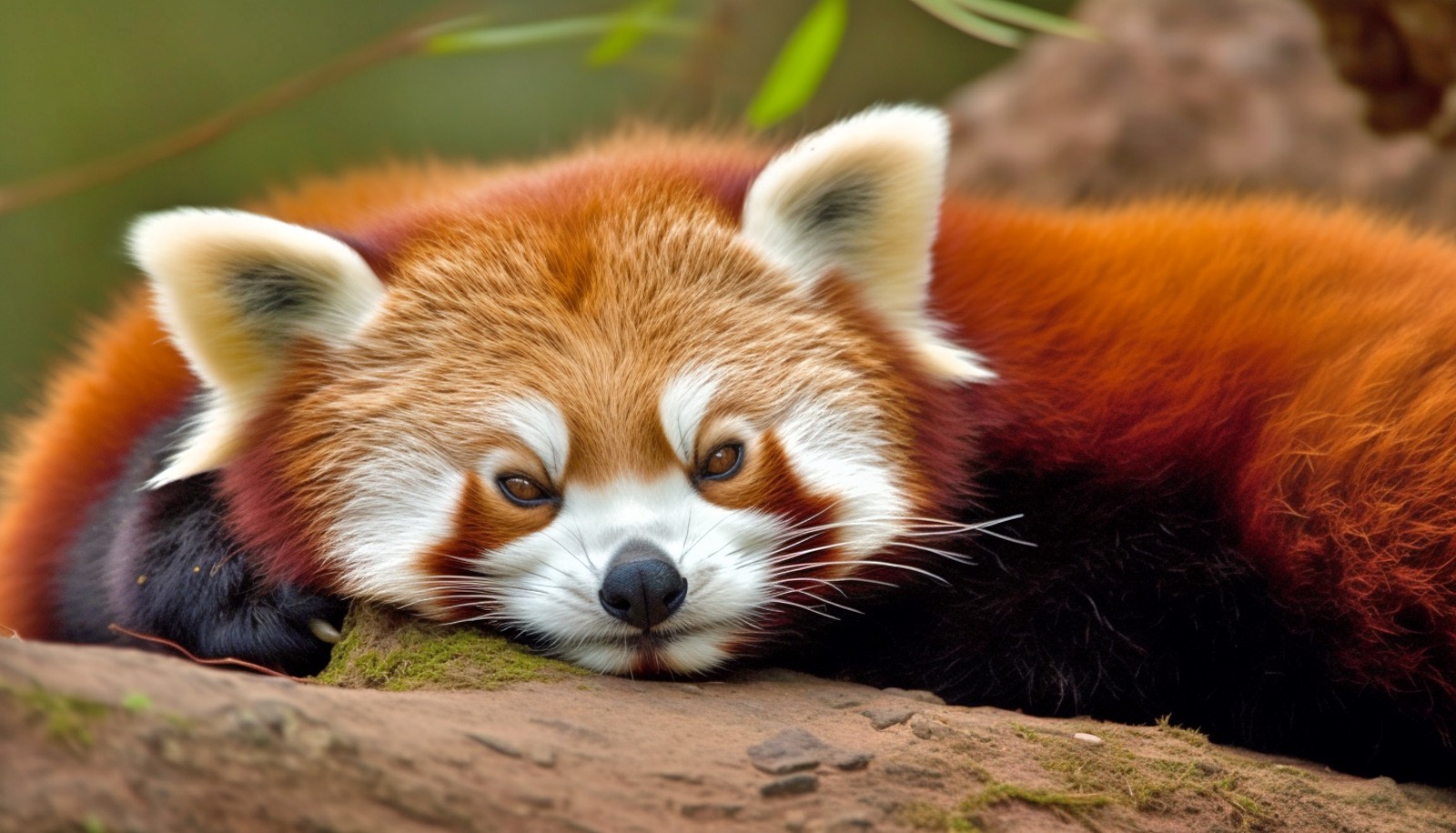
Answer 1: Ailuridae
Question 2: Where is the Red Panda primarily found?
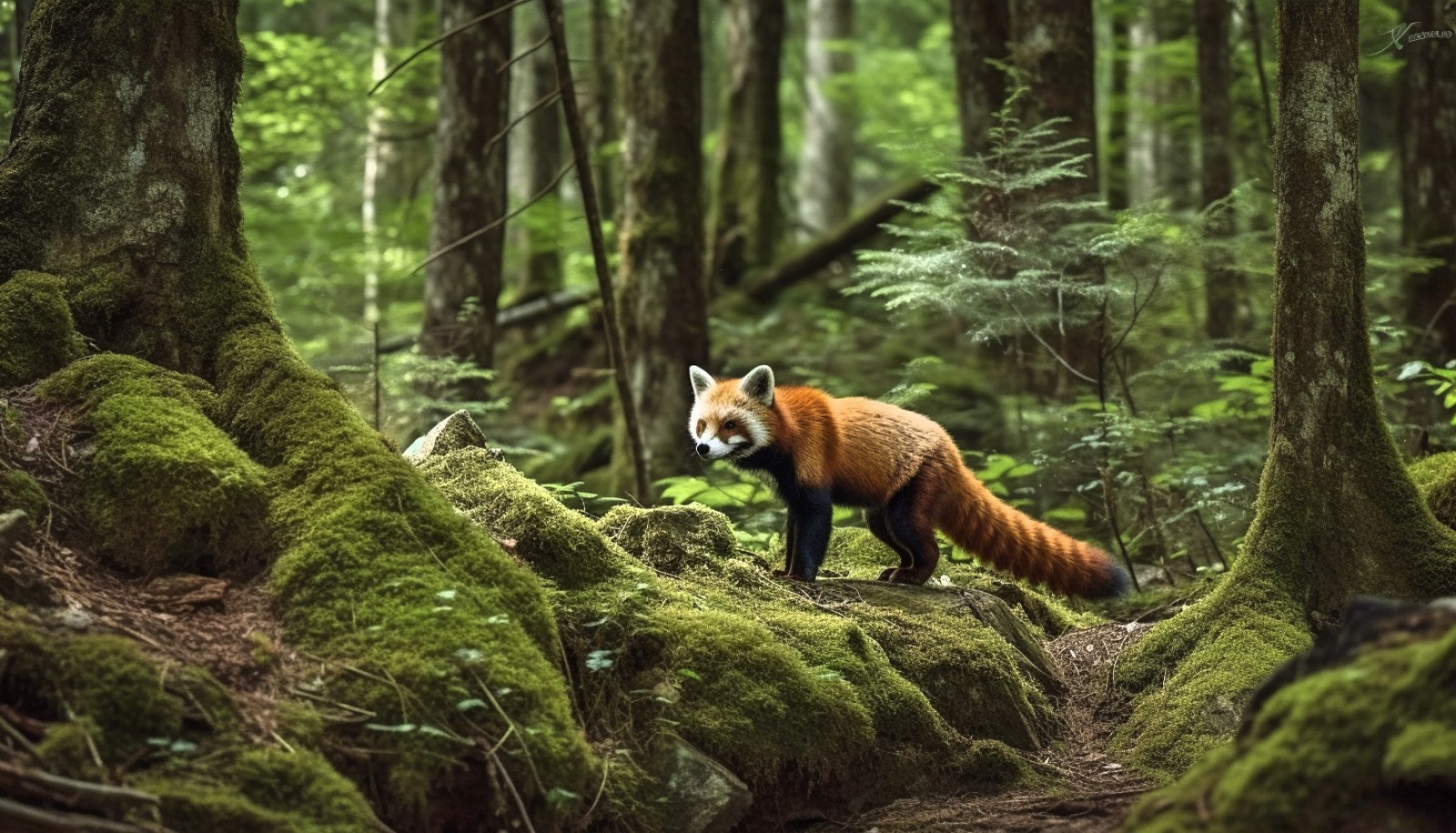
Answer 2: Eastern Himalayas and southwestern China
Question 3: What percentage of the Red Panda’s diet is made up of bamboo?
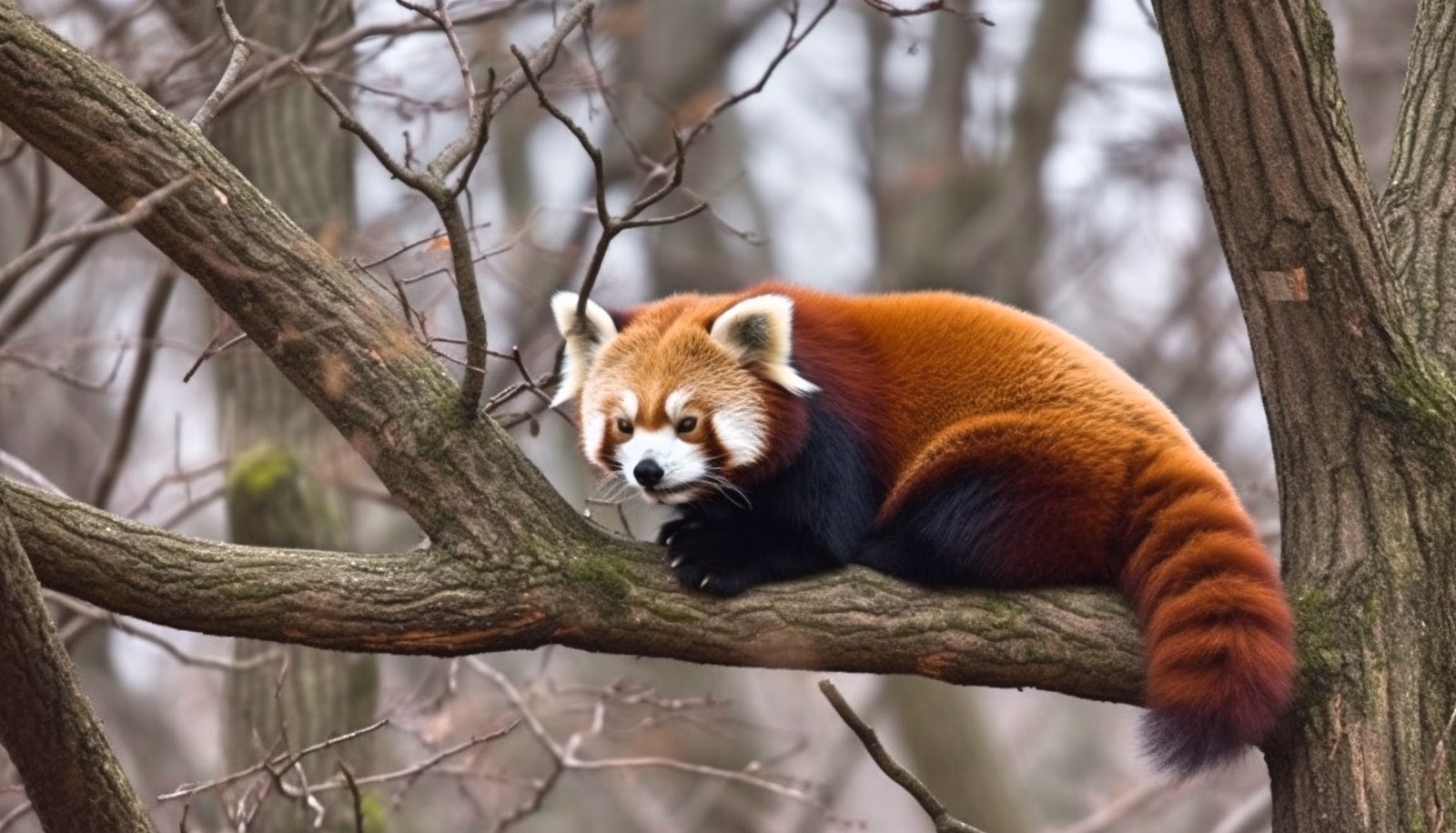
Answer 3: 85%
Question 4: Is the Red Panda more closely related to the Giant Panda or raccoons?
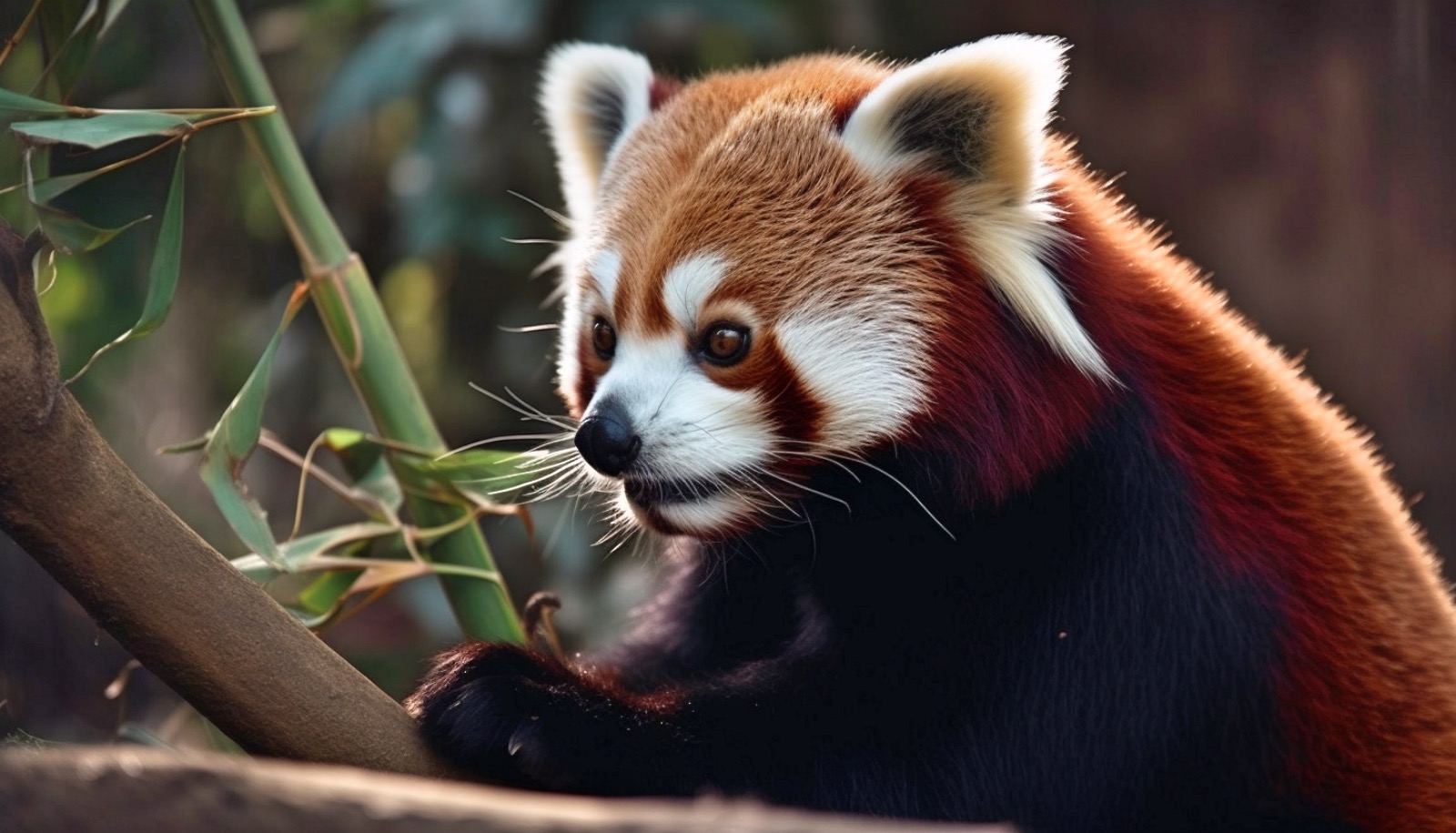
Answer 4: Raccoons
Question 5: What is the primary threat to Red Pandas?
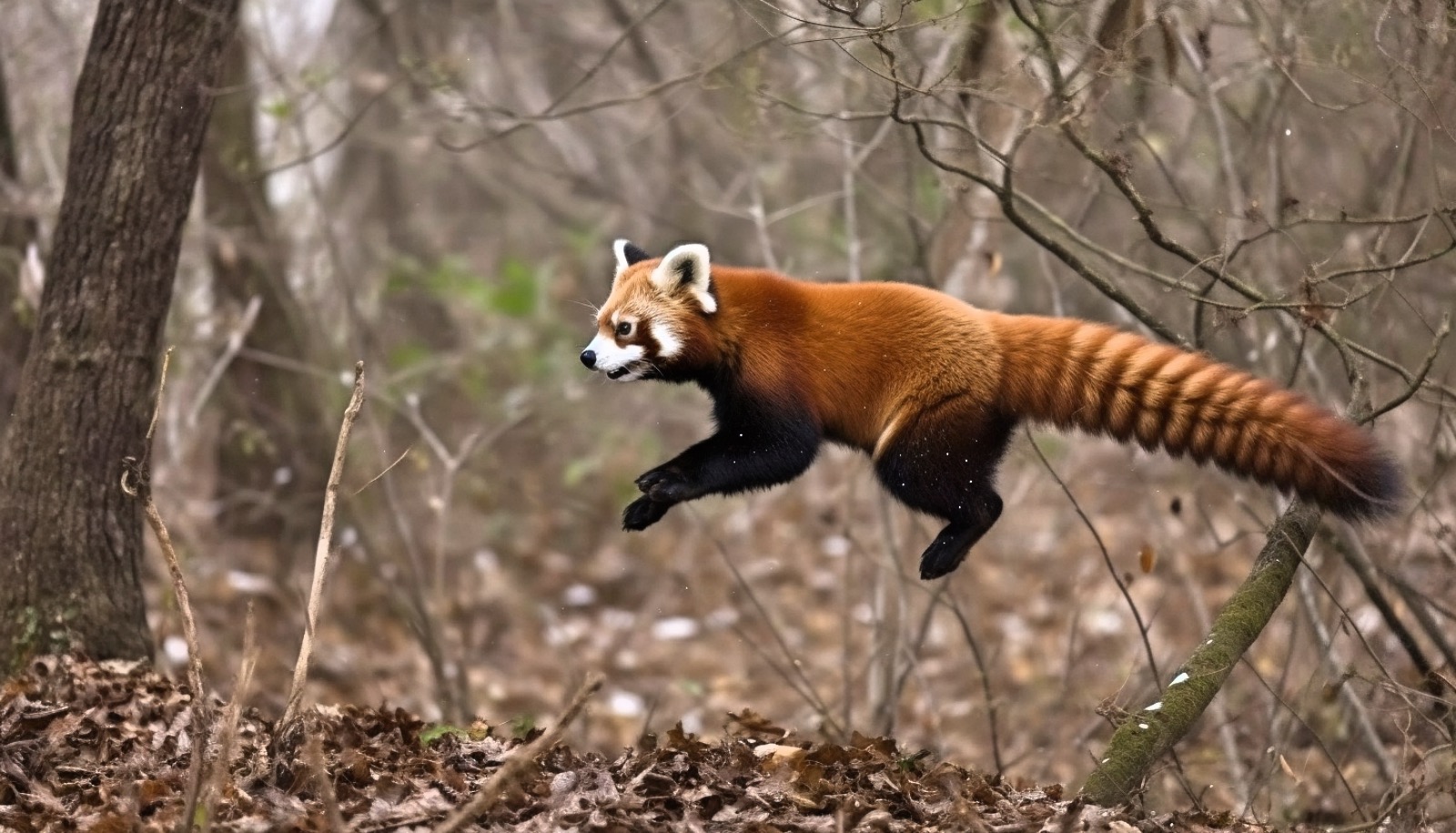
Answer 5: Habitat loss
Question 6: What specialized bone helps the Red Panda rotate its front paws?
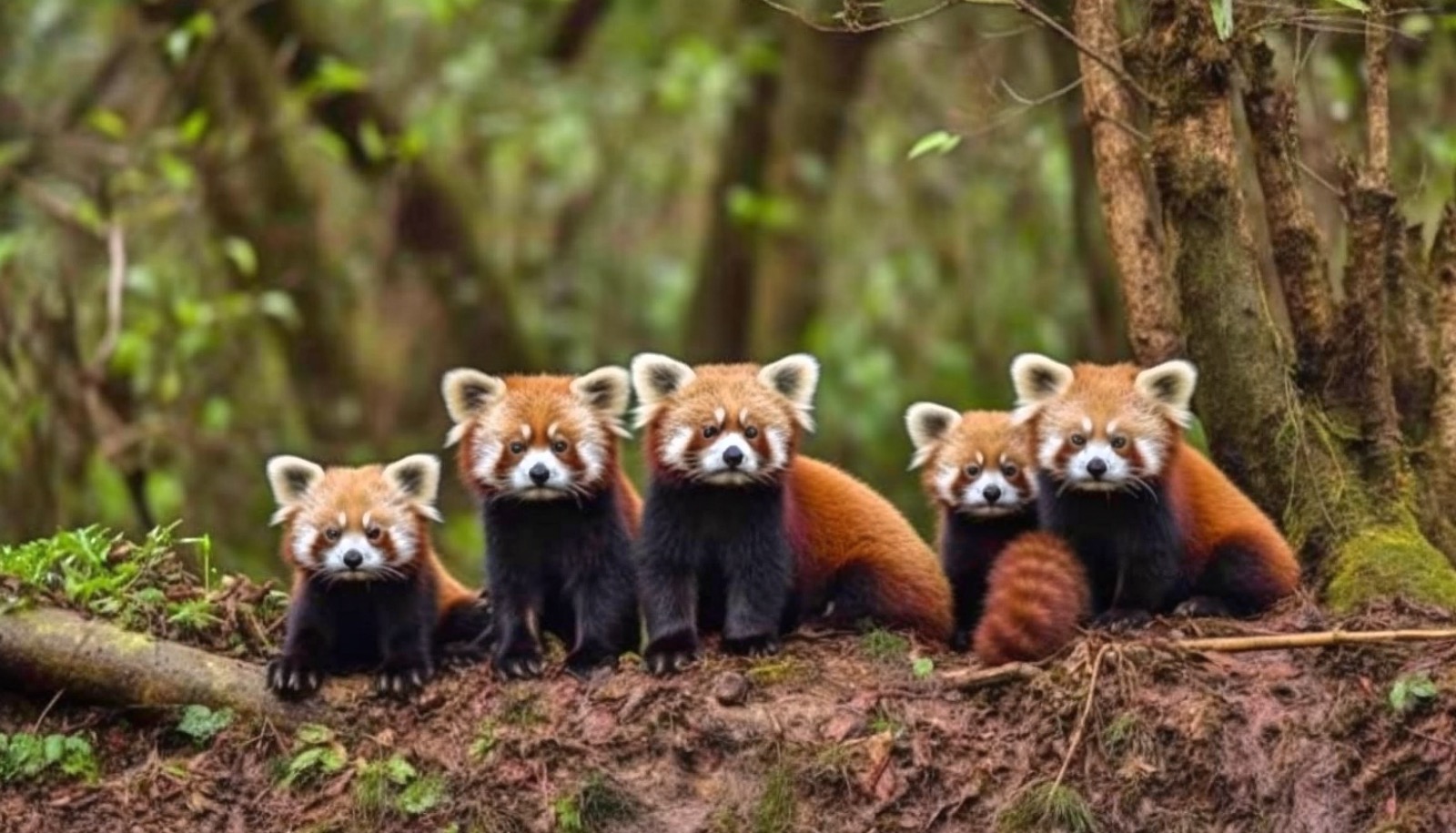
Answer 6: Wrist bone
Question 7: What’s the Red Panda’s conservation status?
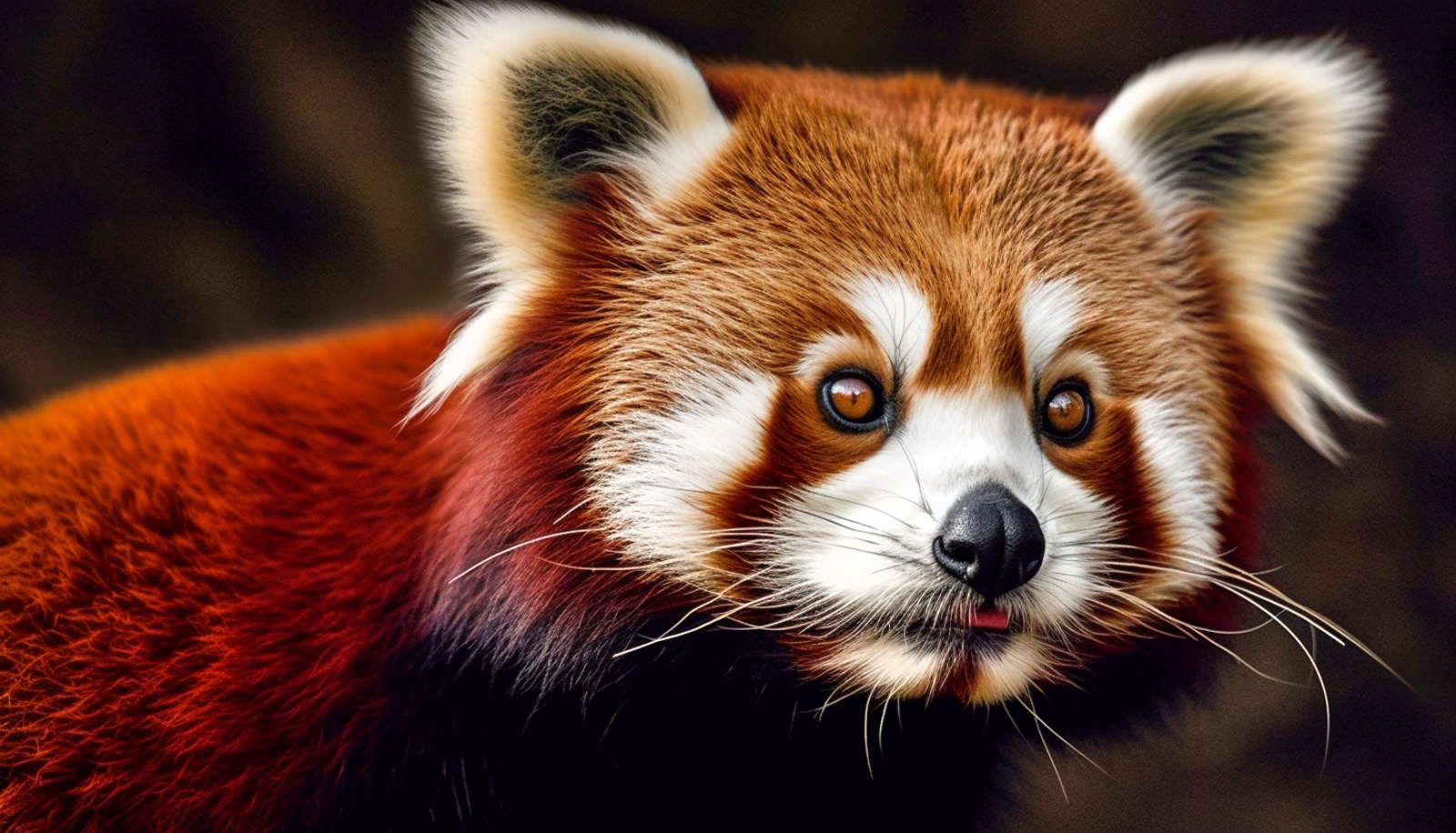
Answer 7: Endangered
Question 8: What is the size of the Red Panda compared to a domestic cat?
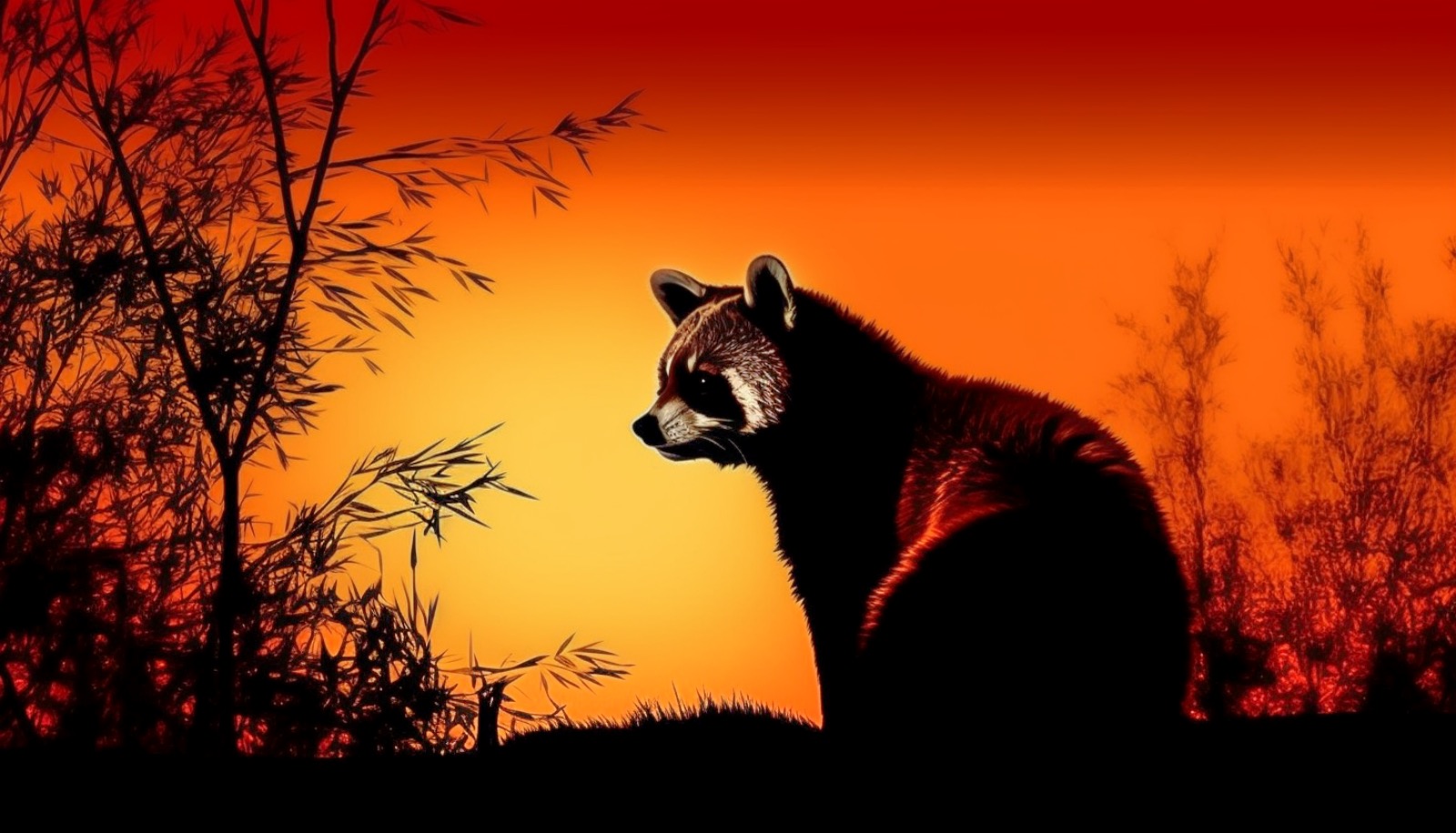
Answer 8: Roughly the same size
Question 9: What other foods, besides bamboo, can the Red Panda eat?
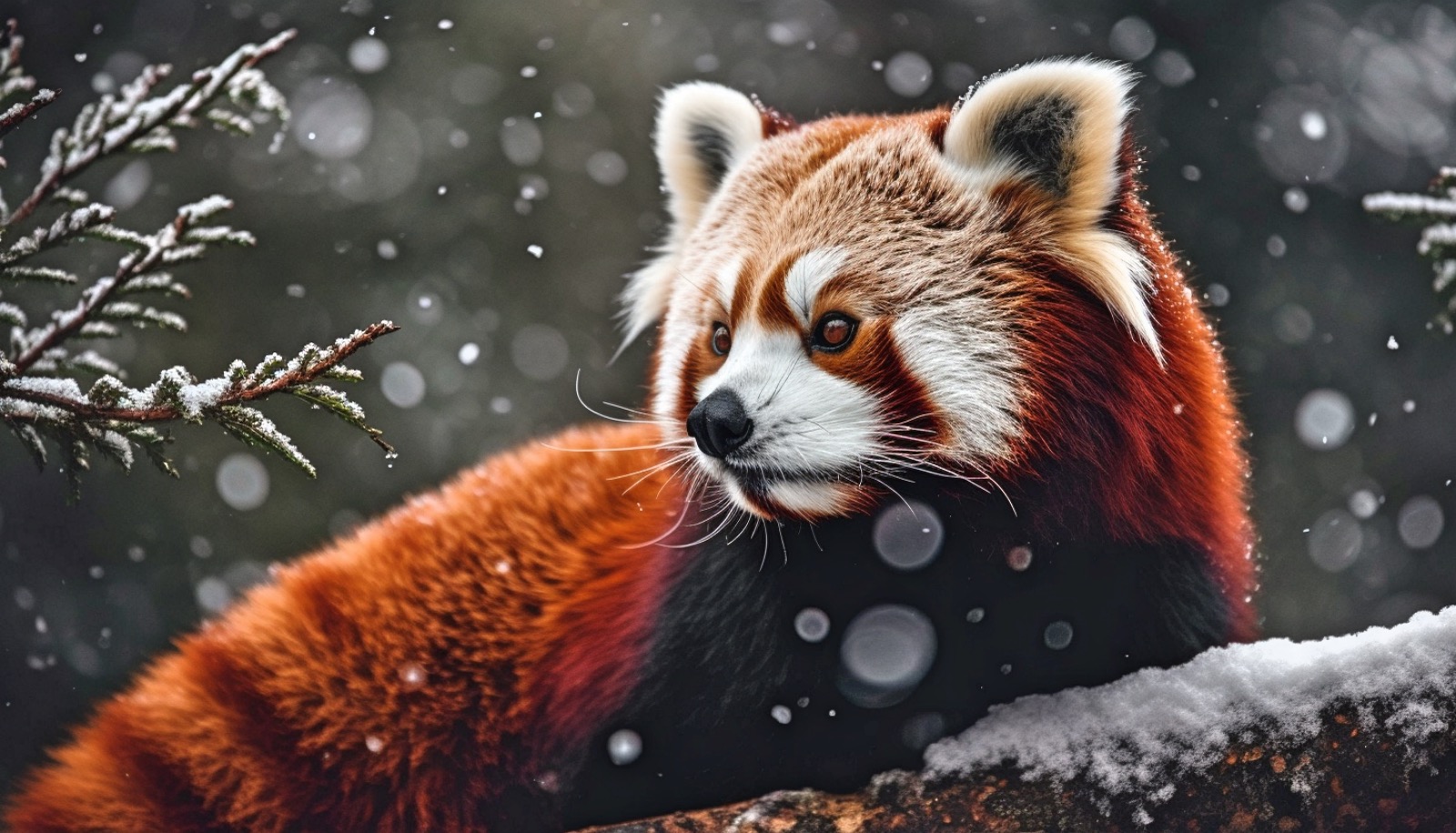
Answer 9: Insects, eggs, and small rodents
Question 10: How many Red Pandas are estimated to be left in the wild?
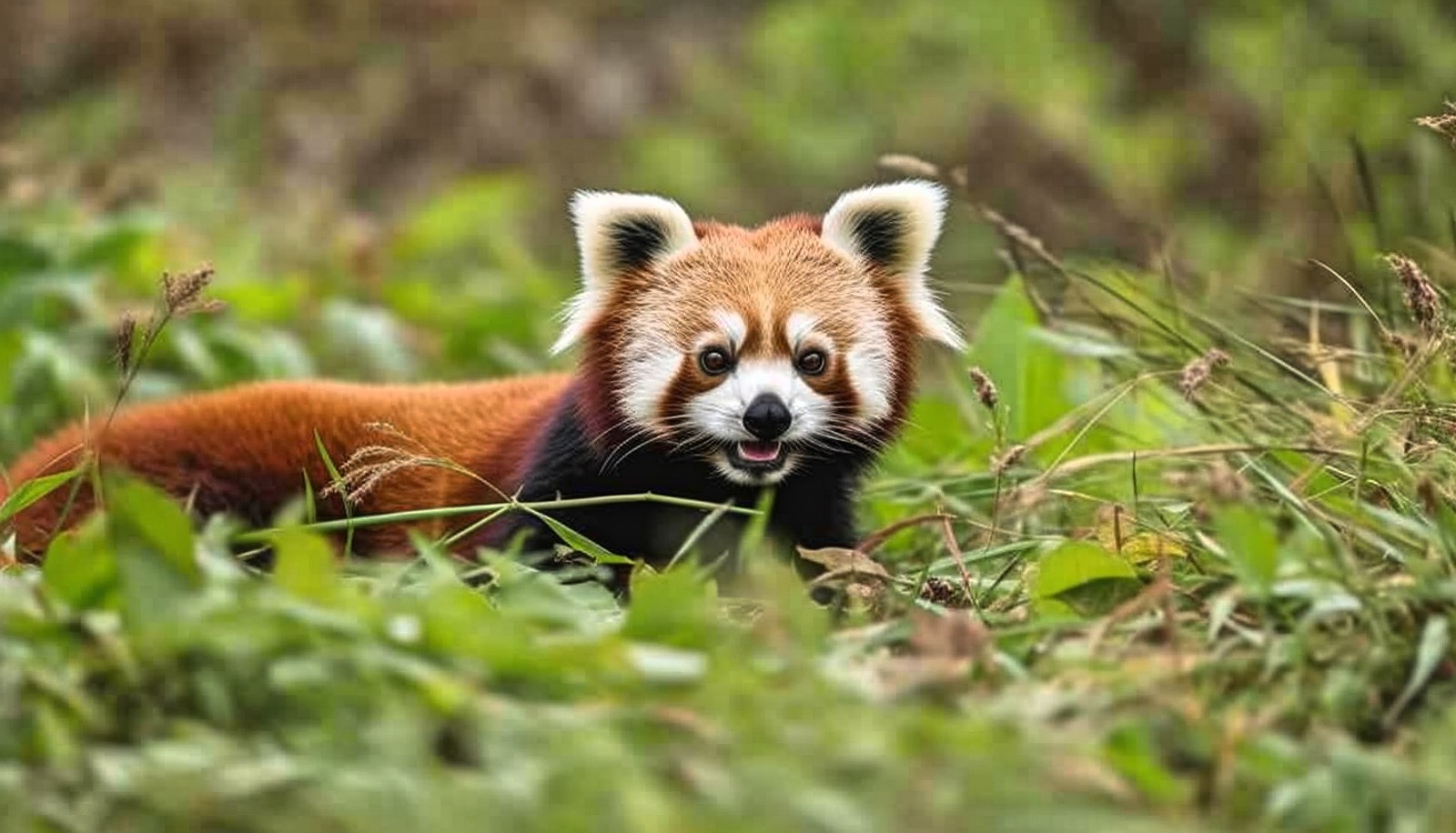
Answer 10: Fewer than 10,000
The Panda Trivia Questions & Answer Game
